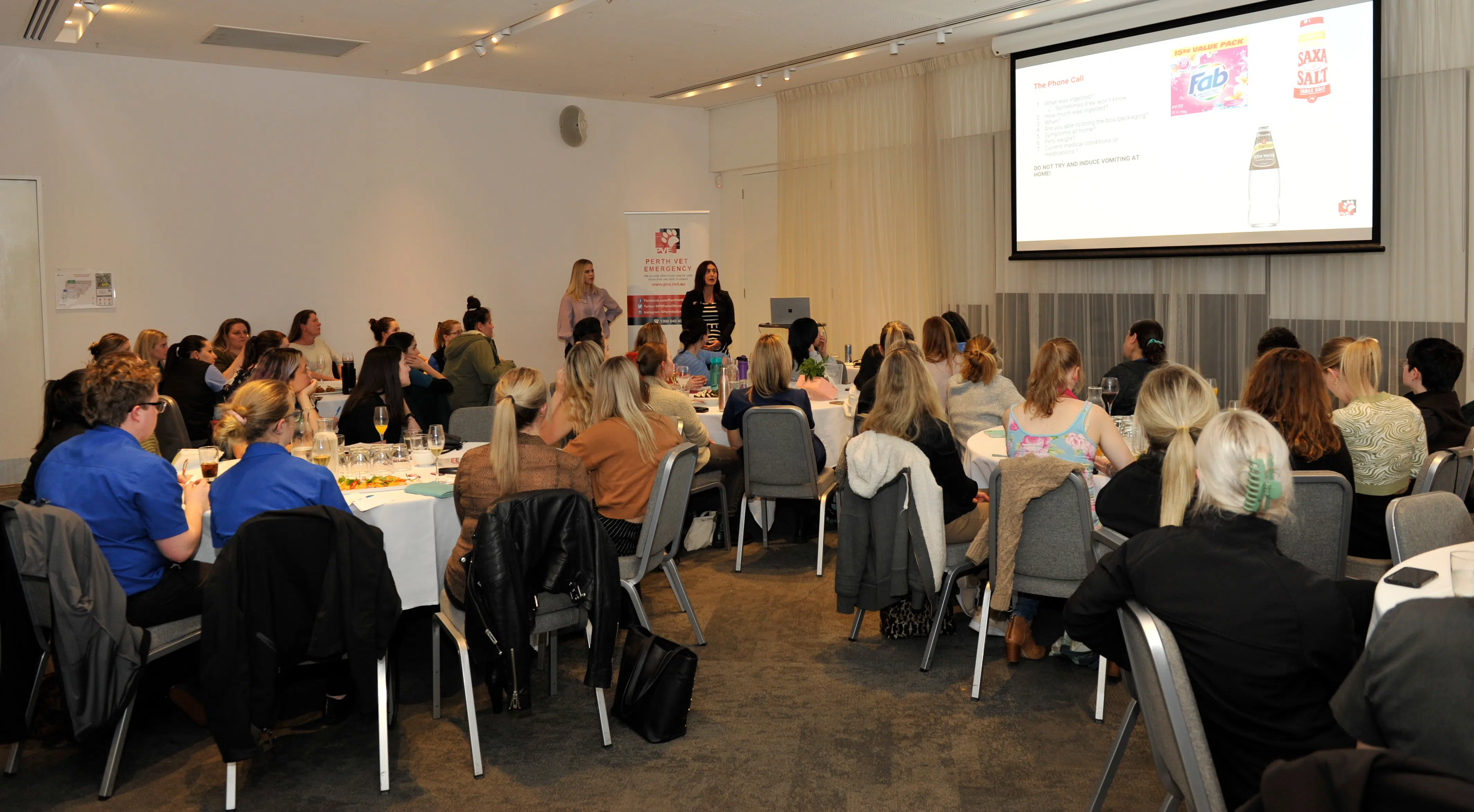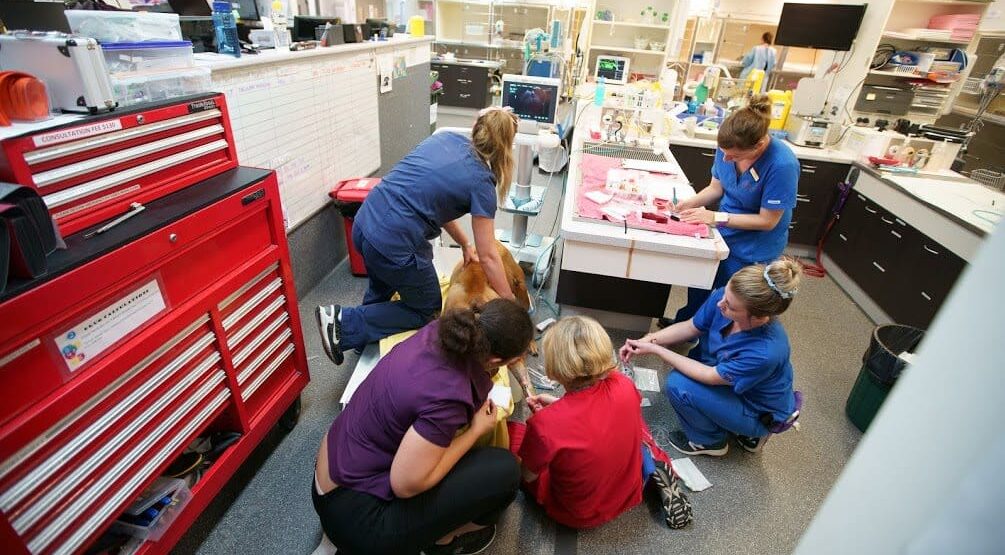As veterinarians, and all professions actually, our learning certainly doesn’t finish once we graduate university. While it is true that to maintain our veterinary certification we need to undertake vet CPD, it’s just as important in order to stay up to date with the latest advances in veterinary medicine through the latest protocols and techniques.
While undertaking continuing education is an opportunity for our growth and development, it can very quickly turn into just another item to tick off in a long list of to-dos. So what can you do to get the most out of your vet CPD as a veterinary professional?
Tips making the most of your vet CPD
To make sure you are getting what you need and want our of your vet CPD, we have six top tips we recommend:
Research and plan
Create a CPD plan personalised to you!
Look at vet CPD providers and calendars you have access to in order to research and plan your CPD hours as far in advance as you can. Book any seminars, workshops or courses you are interested in as soon as possible. Popular courses tend to fill up quickly and it may be an entire year before another is planned. There is nothing worse than missing an event that would’ve benefited you by being unaware it was happening!
In choosing what topics to focus your vet CPD hours on, we recommend making a list of topics under these three categories:
- Topics of interest to further your career development
- Topics you could benefit in a refresher on
- Topics you think will move quickly and will need an update on in the near future
Incorporate Your Vet CPD Plan in your Professional Development Plan
A common practice within all businesses to help promote career growth are Professional Development Plans, which are designed to be customised to each team member. These plans help team members and their managers know where they currently are in their career, and where they would like to go in their short and long term career goals.
These plans not only help manage expectations but also help keep you motivated. By incorporating your CPD Plan within your Professional Development Plan it will allow you to tailor CPD to support your career goals as well as keep you accountable for completing your CPD hours.
Don’t have a Professional Development Plan? Try creating one with your manager, and discussing the potential benefits not only to yourself, but the skills you can offer the clinic.
Network with other veterinary professionals
Attending vet CPD events is not just about learning about a new topic or new techniques, it is also a great way to network and establish valuable connections in the industry.
By attending in-person events, and even online events, you have the opportunity to strengthen your professional connections. For example, many events have service providers (such as VetPay or ProVet) in attendance and are a great way to find out more information about what they can provide you and your business, and any latest product releases. But it’s also a chance to connect and engage with your local veterinary colleagues.
It is also an opportunity to raise your profile, establish a personal brand, and advance your career. Regularly attending events you will become more visible and become noticed. And by creating value for others by listening, following up on previous conversations, remembering names, and offering your thoughts and knowledge, it will build your reputation.
Networking can also lead to new opportunities and doors being opened for you. By networking at events, it helps keep you top of mind for any contacts you make when it comes to potential job openings. It can increase the likelihood of receiving an introduction or referral to someone within a particular field or specialty you are wanting to move into.
Practice what you learn
It’s easy to attend a CPD event and leave it at that. But there’s no better way of understanding and solidifying your new knowledge than by putting them into action. Any new skills, techniques, best practice advice, or diagnostics you learn, be sure to bring them back into the clinic with you.
Another tip in practicing what you learn is by teaching your colleagues the new skills. Learned a new surgical technique at a workshop recently? Share that knowledge by teaching your colleagues and in turn you’ll also be able to understand it better.
Don’t neglect self-learning
Just because a course or event isn’t eligible for structured CPD points doesn’t mean you shouldn’t attend.
Self-directed learning can complement your CPD Plan, and many activities like in-practice training or reading textbooks or journal articles can be applicable.
Independent learning can help you develop skills beyond clinical, and can promote important soft skills and other areas of veterinary business that might not otherwise be covered in structured CPD.
Keep track of your Vet CPD points
And most importantly, make sure you document your vet CPD points, especially when needing to submit them to the state veterinary board when renewal time comes around. Make sure you are never caught off guard by auditors by keeping all your CPD certificates together – know how many points you’ve earnt, where in your CPD cycle you are, and how many points are required at any given time.
For more veterinary CPD, be sure to explore all the free clinical resources available at VetAPedia, and find out more in our continuing education guides.




